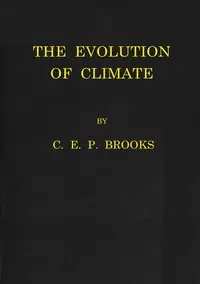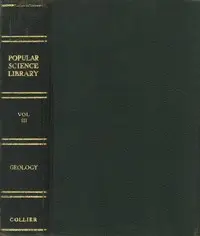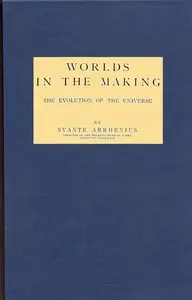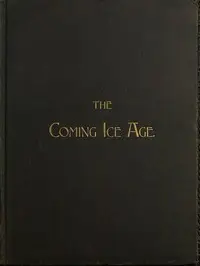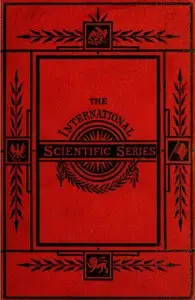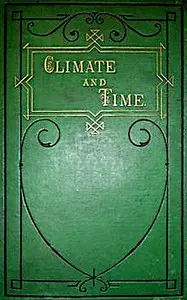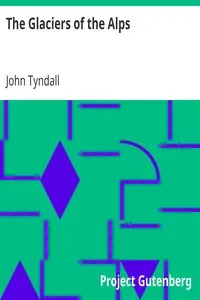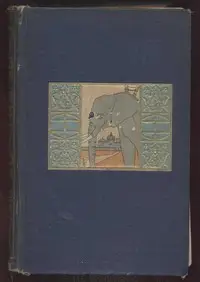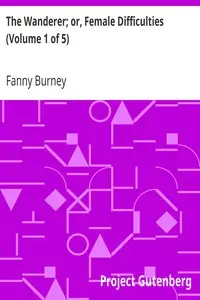"Ragnarok: the Age of Fire and Gravel" by Ignatius Donnelly is a scientific exploration from the 1800s that studies the puzzling geological deposits known as "the Drift." This book looks at catastrophic events in Earth’s history, suggesting the Drift may have come from comets or ice ages, instead of the slow changes scientists usually talk about. The beginning of the book talks to the reader about the Drift, pointing out how widespread and important it is. Donnelly describes this Drift as a weird geological thing without layers, different from other rock layers because it looks strange and doesn't have fossils. He questions common ideas about how it formed, like big ice sheets or floods, but doesn't think they fully explain things. Donnelly wants us to really understand how the Drift was made, hinting that it was shaped by violent cosmic events and invites us to examine these possibilities.
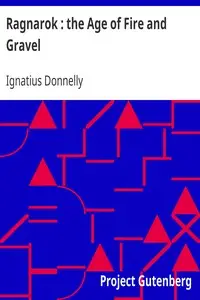
Ragnarok : the Age of Fire and Gravel
By Ignatius Donnelly
A daring scientist challenges accepted geological wisdom, proposing that a cataclysmic cosmic event shaped the world we know today, leaving behind a mysterious geological enigma.
Genres
Released
2004-02-01
Formats
mobi
epub3 (images)
epub (images)
epub
mobi (images)
txt
Free Download
Summary
About the AuthorIgnatius Loyola Donnelly was an American Congressman, populist writer, and fringe scientist. He is known primarily now for his fringe theories concerning Atlantis, Catastrophism, and Shakespearean authorship. These works are widely regarded as examples of pseudoscience and pseudohistory. Donnelly's work corresponds to the writings of late-19th and early-20th century figures such as Helena Blavatsky, Rudolf Steiner, and James Churchward.
Ignatius Loyola Donnelly was an American Congressman, populist writer, and fringe scientist. He is known primarily now for his fringe theories concerning Atlantis, Catastrophism, and Shakespearean authorship. These works are widely regarded as examples of pseudoscience and pseudohistory. Donnelly's work corresponds to the writings of late-19th and early-20th century figures such as Helena Blavatsky, Rudolf Steiner, and James Churchward.
Total Reviews
10.0k
Total reviews from Goodreads may change

